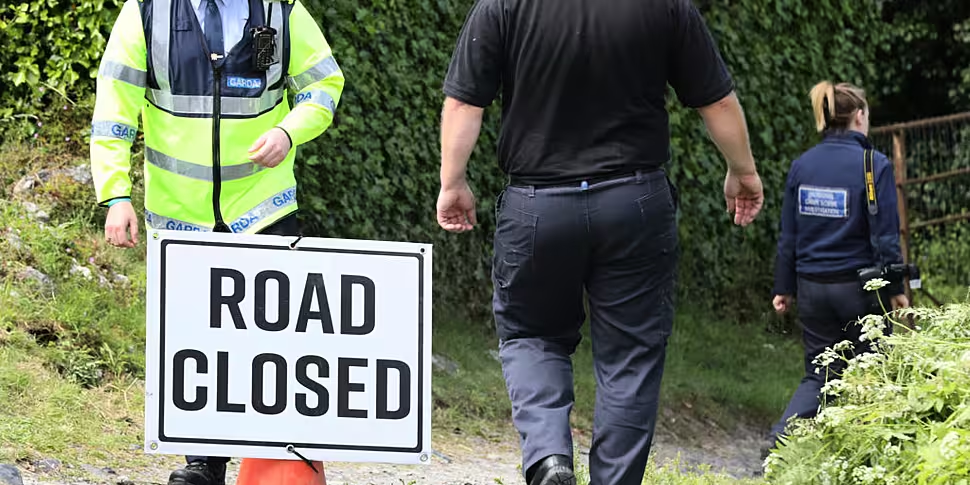A Garda who works on missing persons cases says no investigation is closed until a family is reunited with the missing person.
Detective Superintendent Gerard Murphy is from the Garda National Protective Services Bureau.
He told Pat Kenny it is a complex process when someone goes missing.
"When you go to a Garda station, the member taking the report will always try to determine certain facts: so we have to understand whether we're looking at a high-risk missing person or low-risk.
"There are certain factors: Are they in the care of the State, are they under 18 years of age, are there indications or whether [there are] threats of suicide, does the person need medical assistance or medication, have they a physical or mental disability, do we believe them to be in a dangerous of life-threatening situation, do we believe that they may be in the company of a person who may pose harm, are they going to pose a threat to others - and is there a complete and a total contradiction of normal behaviour.
"There are lots of factors that we would try and determine, and that's through a conversation with the family member - or whoever is reporting the person missing - and we try and illicit as much information as we can, because that will determine the next steps in regard to our investigation."
"Once somebody is reported missing they're logged down as a missing person, regardless of the circumstances.
"And then our enquiries are carried out, and what we have is an incident that's associated with a missing person incident when they're found.
"But if somebody believes that somebody is missing, we take it serious from the very start until we initiate our own enquiries - and if we find somebody then within a short space of time it's recorded as 'found'.
"But we would always take it down as a missing person."
Long-term cases
Figures from 2017 show 9,396 people went missing, with 22 people still not found.
In 2018, 9,682 people were reported as missing with 28 cases still outstanding.
While last year 9,489 people were reported missing and 30 people were not found.
This figure can include people who go missing on a number of occasions.
In relation to long-term missing person cases - such as JoJo Dollard, Deirdre Jacob and Annie McCarrick - he said the issue of a disappearance being "a total absence or contradiction of their normal behavior" would be "a clear factor."
"Have they previously gone missing, do they always maintain contact with their family, is their phone turned off".
Detective Murphy said social media also plays a big part.
"That is a key piece for us: with technology, with the mobile phone and social media and the various different platforms, that's something we would go into straight away to see if any use has been made of their phone or their device.
He said a lack of banking transactions is also an indication that something is wrong.
"Anything outside their normal bahaviour would flag us and kind of raise the bar is terms of the investigation process that we initiate".
But he said they never give up on these cases.
"[It's] very difficult for the bureau, Pat, but also very difficult for the families concerned.
"To not be able to understand or to find out what happened, it's a really difficult time for people.
"We would liase with the families and in certain investigations we assign a family liason officer to the family to maintain that contact.
"But what I can reassure your listeners is that no investigation is closed until we find or we reunite the family with the missing person.
"We have been involved in cases that date back into the 80s... Operation Runaway where we are working closely with our counterparts in the UK, where human remains have been brought off the shore of the UK and Wales and would have been buried as unidentified.
"And back in 2007, we initiated an operation called Operation Runaway where we looked for DNA from a lot of family members of those reported missing - and we have reunited unidentified human remains in the UK with their families in Ireland."









